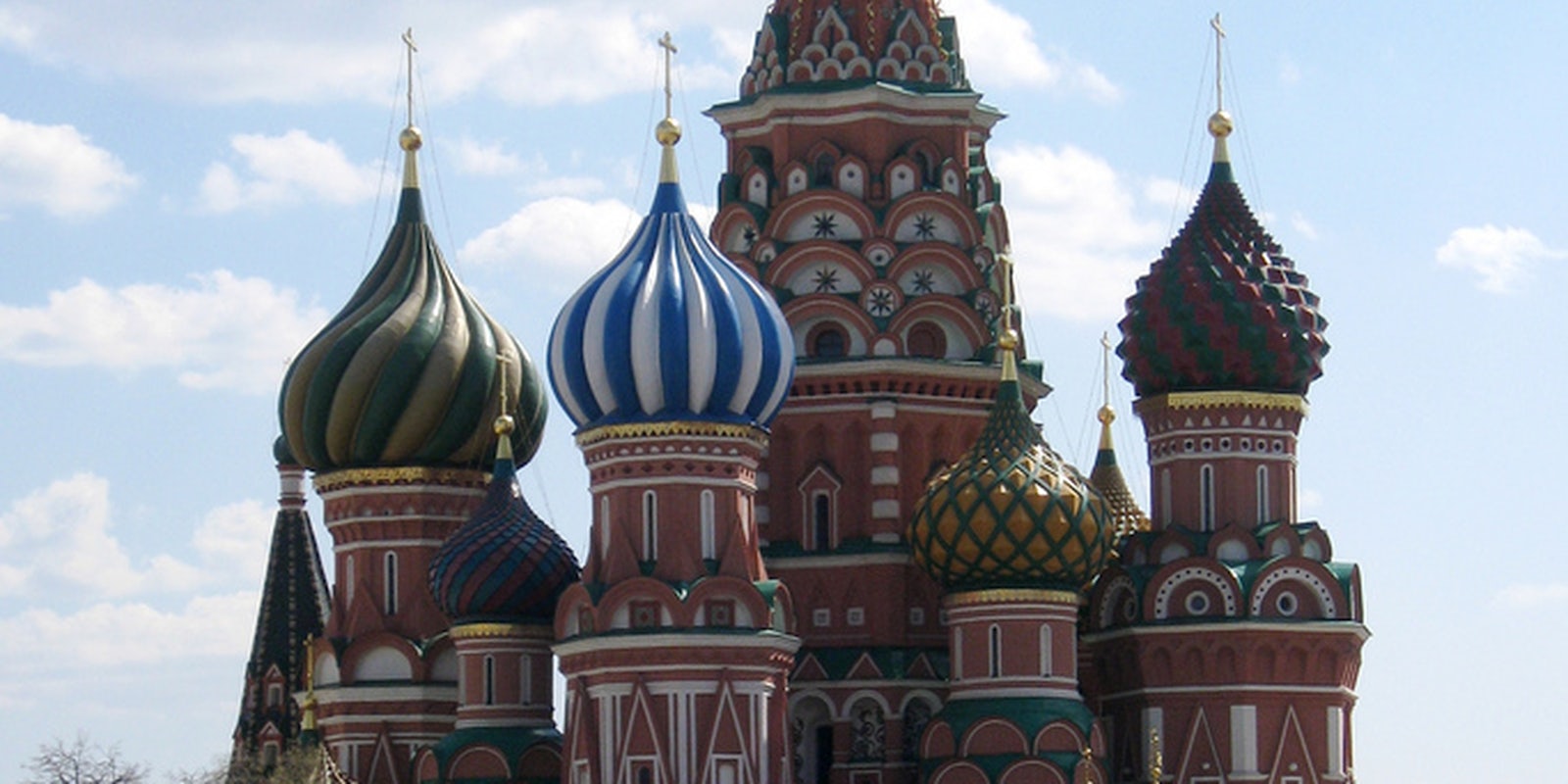Journalists will not be permitted to use amature photography equipment, such as smartphones, at the 2014 Olympics, several news agencies claim.
According to several media outlets briefed on covering the Olympics in Sochi, Russia, next year, Vasily Konov, the editor of the state sponsored R-Sport, told journalists anyone using amature photography and video equipment will be thrown out of the games at once.
As BuzzFeed reported, Konov said that any attempt to use multimedia devices would be “considered a serious violation and lead to their accreditation being canceled.”
According to the Russian outlet Ridus, journalists will only be allowed to use professional equipment with clearly marked tags indicating whether they are taking photos or video.
In a comment to BuzzFeed, Konov denied ever making that statement. “Look at my Instagram from the London Games and draw your own conclusions. I’ve been going to the [Olympics] since 2000 and never had a problem like that once.”
However, several media outlets, including Radio Free Europe, have insisted that he did make the claim at the conference.
If true, it would appear to be an attempt to prevent the media from using real-time sharing platforms like Twitter, VIne, and Facebook during the games.
The reasoning for such a ban isn’t clear. The majority of Olympic fans will no doubt be using smartphones and sharing platforms throughout the games.
However, one potentially significant difference between fans and journalists will be the degree of access the latter group is granted. It may be for this reason that the Russian government is seeking to limit social media use, perhaps in an attempt to more tightly control reporting on the Olympics.
Certainly, Russia’s strategy is not without logic. The earliest reporting on many events—from protests in Iran to the Occupy movement—are often covered first on new media platforms. The reporting is raw and uncensored (and sometimes inaccurate).
For a state with a history of repressing journalists, the move is far from out of character. Two Norwegian reporters were recently detained and interrogated by Russian authorities. The government later apologized for the incident, saying they had false information on the duo.
Already, as Reuters reported, several other Olympic journalists have been detained in the Sochi area. And, since 2000, 26 journalists have been killed for their connection to reporting in Russia.
According to the World Press Freedom index, Russia ranks an abysmal 148 out of 179 for press freedoms.
“Centralized control of the regions, the creation of something close to a one-party system and draconian excesses in the course of combating terrorism are the main features of a government with little tolerance of criticism,” the journalist rights group Reporters Without Borders said of the state sanctioned media suppression.
No doubt a large part of Russia’s interest in the Olympics will be to show the world a new face for the region after the fall of the Soviet Union. They have so far put $50 million into the games. As these reports of press intimidation and harassment surface, that face may be less rosy than the state had hoped.
Update: An International Olympic Committee spokesperson told For the Win that journalists will be able to use smartphones and other amateur photography devices at the games.
Photo by Ed Yourdon/Flickr


